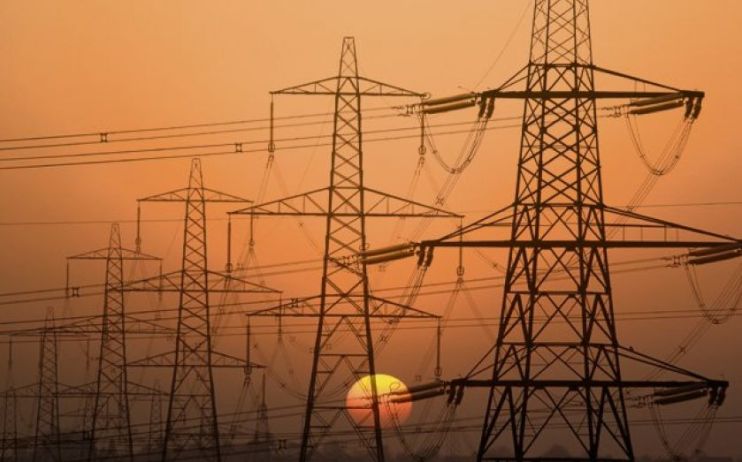Ofgem cracks down on generators that left customers with a £3bn bill

Generator owners will no longer be able to hold back supplies, so they can later harness higher prices on the market for back-up power generation, in the latest move from Ofgem to clean up the industry.
The watchdog now plans to bring in new licence conditions to curb “excessive profits” from suppliers perceived to be taking advantage of the electricity system.
It now proposing adjustments to the balancing mechanism, which is how National Grid’s electricity system operator’s (ESO) tempers supply and demand across Britain’s electricity transmission network, buying necessary supplies from generators to balance the system.
Ofgem identified thermal generators scheduling reductions in output early in the afternoon and becoming unavailable over the evening period, using the balancing mechanism to offer emergency supplies when demand came under pressure.
While this was within the rules, it led to generators charging prices of up to £6,000 per megawatt hour for long duration supplies, leaving National Grid’s electricity system operator (ESO) with a bill of £3.1bn to keep supply and demand matched through 2021-22.
This was then imposed on consumers at the height of the energy crisis – who were already grappling with record energy bills.
Eleanor Warburton, acting director for energy systems management and security, said: “Ofgem is committed to protecting consumers and ensuring they pay a fair price for their energy. The proposed new licence condition will ensure electricity generators don’t take advantage of existing rules to make excessive profits in the balancing mechanism.”
Ofgem is now inviting feedback from the industry for the proposed changes, hoping to confirm its plans ahead of winter to protect consumers.
As it stands, energy bills are still roughly double the cost that they were prior the energy crisis, with the energy price cap clocking in at just over £2,000 per year.
While this is a sharp drop on the record £4,279 per year cap in January, prices are not expected to decline further over the winter.